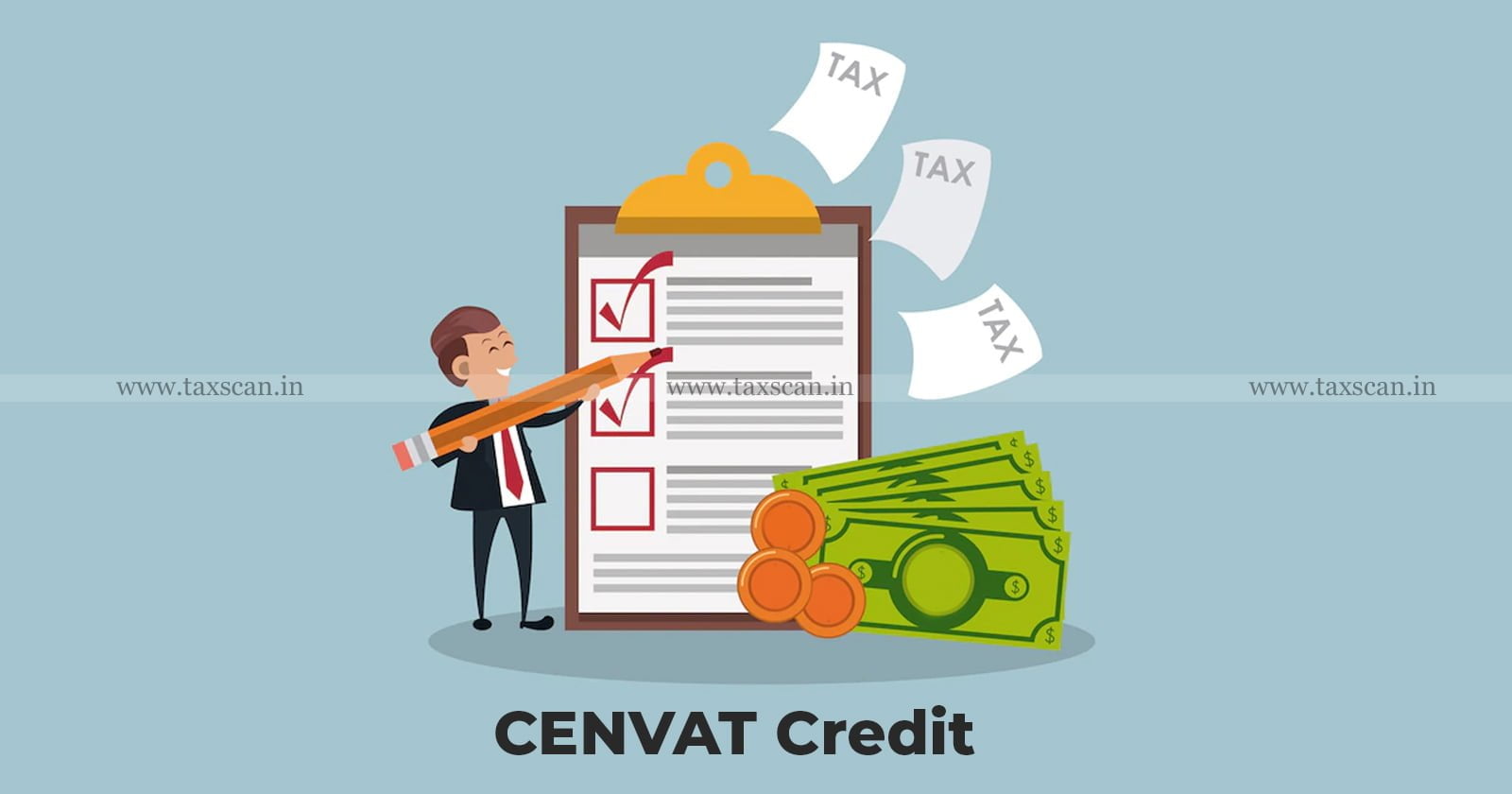Excess amount of service tax paid cannot be alleged to be with malafied intention in absence of Evidence: CESTAT [Read Order]
It was noted that the case is not about evasion but about adjustment of service tax already paid and there seems to be no intention to evade payment of tax
![Excess amount of service tax paid cannot be alleged to be with malafied intention in absence of Evidence: CESTAT [Read Order] Excess amount of service tax paid cannot be alleged to be with malafied intention in absence of Evidence: CESTAT [Read Order]](https://images.taxscan.in/h-upload/2025/07/28/2070037-cestat-absence-of-evidence-service-tax-taxscan.webp)
The Ahmedabad bench of the Customs, Excise & Service Tax Appellate Tribunal (CESTAT) has held that an excess amount of service tax paid cannot be alleged to be with malafied intention in absence of evidence.
During the course of audit, it appeared to the officers of the department that during the quarters October2007 to December, 2007 and January-2008 to March-2008 Shiv Logistics, the appellant had adjusted excess paid service tax amounting to Rs. 6,06,031/-.
It also appeared to the officers that the appellant had failed to comply with condition no. (iii) and (iv) of sub-rule (4B) of Rule 6 of Service Tax Rules, 1994 in as much as the amount adjusted by appellant exceeded the monetary limit of one lakh rupees per month / quarter and further the appellant had failed to intimate the details and reasons of such adjustment to the Jurisdictional Superintendent within a period of 15 days from the date of adjustment.
Show Cause Notice dated 6th December, 2012 was issued to the appellant by invoking extended period. The first Adjudicating Authority / Joint Commissioner adjudicated the show cause notice and confirmed the demand after brushing aside the various submissions advanced by appellant in the course of adjudication proceedings. On appeal, the learned Commissioner (Appeals) rejected the appeal filed by the appellant.
 Also Read:CENVAT Credit on Technical Know-How Services Not Eligible for Trading Use: CESTAT on LG Electronics Case [Read Order]
Also Read:CENVAT Credit on Technical Know-How Services Not Eligible for Trading Use: CESTAT on LG Electronics Case [Read Order]
Consultant for the appellant submitted that lower authorities have not disputed the fact that the appellant had paid excess amount of service tax in the earlier period, but for the procedural lapses narrated in the show cause notice. Hence, the department cannot deny the adjustment on the ground of procedural lapses once there is no dispute about excess payment of service tax by the appellant.
The demand is time barred in as much as there can be no malafied intention on the part of appellant when there is no dispute over the fact that there was excess payment of service tax by appellant which they sought to adjust. Thus, show cause notice issued in December, 2012 for recovery of excess amount of service tax adjusted by appellant during the quarter October, 2007 to December, 2007 and January, 2008 to March, 2008 is time barred. The Consultant for the appellant prayed that in view of the above position the appeal may be allowed and the impugned order passed by the Commissioner be set aside.
The Authorised Representative for the department argued that in sub-rule (4A) and (4B) of Rule 6 of Service Tax Rules, inserted by Notification No. 1/2007-ST dated 1st March, 2007 provides the procedure and condition of adjustment of excess amount paid by the noticee against his service tax liability for the succeeding month or quarter.
The appellant had paid service tax in excess of their liability during the material period and therefore, appellant is justified to make adjustments in accordance with relevant circular letters and rules.The tribunal observed that it cannot be said that the appellant paid excess amount of service tax with malafied intention or he made adjustments with malafied intention. The show cause notice issued in December, 2012 for the recovery of excess amount of service tax adjusted by appellant during the quarters October, 2007 to December, 2007 and January, 2008 to March, 2008 is in my opinion time barred and extended period cannot be claimed by the department on the ground of suppression of facts with intention to evade tax.
It was observed that if adjustment of excess payment of service tax was made without intimating to the department, it is procedural lapse only. On this basis, department cannot retain excess payment of Service Tax which was not otherwise due to be paid.
A single bench of Dr. Ajaya Krishna Vishvesha, Member ( Judicial ) held that the department cannot be allowed to invoke extended period of limitation of five years in this case because, excess payment of service tax by appellant is admitted position by the department. The issue regarding adjustment was observed by Audit. There cannot be any suppression of material facts. The department should have issued show cause notice within normal period of 18 months as provided under section 43 (1) of Finance Act, 1994 but, the Show Cause Notice was issued in fact beyond the period of limitation which is time barred.
It was noted that the case is not about evasion but about adjustment of service tax already paid and there seems to be no intention to evade payment of tax. The tribunal allowed the appeal by setting aside the order.
Support our journalism by subscribing to Taxscan premium. Follow us on Telegram for quick updates


